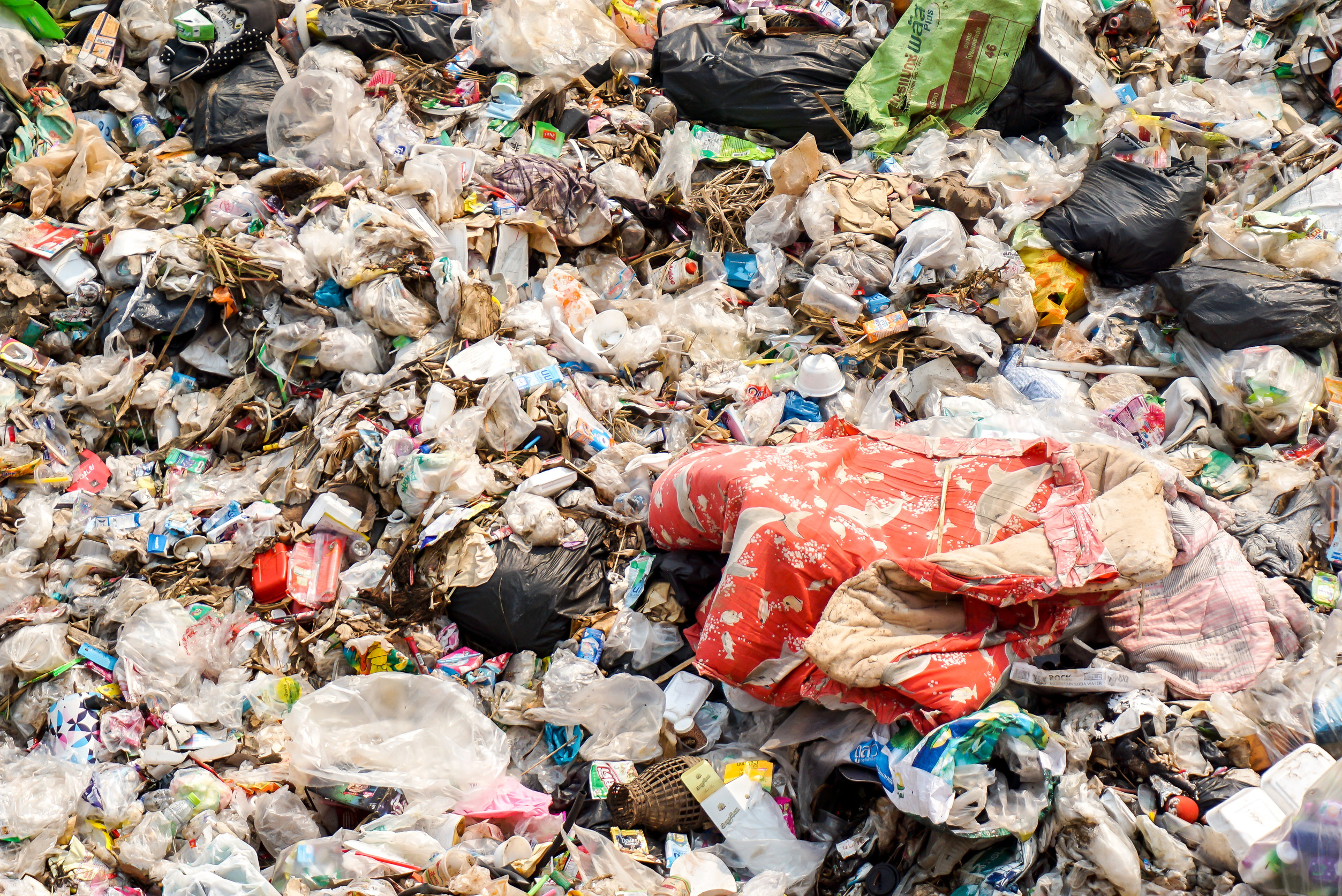BY THE OPTIMIST DAILY EDITORIAL TEAM
Thailand officially banned the import of plastic waste, a move hailed as a victory by environmental campaigners. The ban, which came into effect this month, aims to curb toxic pollution and protect human and environmental health in a country that has long been a dumping ground for the world’s plastic waste.
“Thailand’s ban on all plastic scrap imports should be seen as a triumph for civil society in preventing hazardous waste from entering the country,” said Penchom Sae-Tang, director of the NGO Ecological Alert and Recovery.
However, experts warn that success depends on vigilant enforcement and global cooperation.
A history of plastic waste imports
Since China banned imports of household plastic waste in 2018, Thailand emerged as a leading destination for the world’s unwanted plastics, receiving large volumes from Europe, the US, the UK, and Japan. Between 2018 and 2021, Thai customs recorded over 1.1 million tonnes of plastic waste imports.
In 2023 alone, Japan exported approximately 50 million kilograms of plastic waste to Thailand. But mismanagement of these imports, including practices like burning plastic instead of recycling it, has led to serious environmental damage and health risks for local communities.
Punyathorn Jeungsmarn, a plastics campaign researcher with the Environmental Justice Foundation, applauded the ban but cautioned against complacency. “After the law comes into effect, the Thai government must ensure its enforcement and implementation. Cooperation between industrial, environmental, and customs agencies is crucial to prevent illicit imports of plastic waste,” she said.
Jeungsmarn also raised concerns about Thailand being used as a transit point for plastic waste smuggling to neighboring countries. “The current law does not address the transit of plastic waste,” she explained. “This loophole must be closed to prevent further exploitation.”
A global problem without a global solution
Thailand’s move comes as discussions around a global plastic waste treaty remain unresolved. Talks in Busan last year failed to produce a final agreement due to resistance from oil-producing countries like Saudi Arabia, Iran, and Russia, which opposed cuts in plastic production.
Professor Steve Fletcher, director of the Revolution Plastics Institute at the University of Portsmouth, emphasized the urgency of global action. “Plastic pollution is now recognized as not only an environmental crisis but also a critical human health crisis. The need for decisive international action to tackle plastic pollution has never been more urgent,” he said.
Fletcher’s research highlights the significant health risks of plastic pollution, including microplastic exposure, which has been linked to strokes, heart attacks, and dementia. These risks are compounded by the open burning of plastic waste—a common practice in low- and middle-income countries.
The health toll of burning plastic
The toxic fumes from burning plastic pose severe health threats, particularly in vulnerable communities. According to Dr. Cressida Bowyer, deputy director of the Revolution Plastics Institute, “With 16 percent of global municipal waste burned openly—rising to 40-65 percent in low- and middle-income countries—vulnerable populations bear the brunt of this crisis. The toxic fumes from burning plastic are a silent but deadly contributor to global health burdens. Urgent action is needed.”
Bowyer’s research underscores the dangers of open burning, which releases harmful chemicals that not only pollute the environment but also increase the risk of respiratory diseases, cancer, and other health conditions.
The path forward
Thailand’s ban is a critical step in the fight against plastic pollution, but it is only part of the solution. The global plastic waste crisis demands coordinated international action, yet the lack of a binding global treaty continues to hinder progress.
While the ban sets an example for other nations, campaigners stress that enforcement is key. Without robust monitoring and international collaboration, plastic waste could still find its way into Thailand—or be redirected to other vulnerable countries.
For now, Thailand’s decision offers hope and a challenge to the world: if one country can take bold steps to protect its people and environment, what’s stopping the rest of us?












